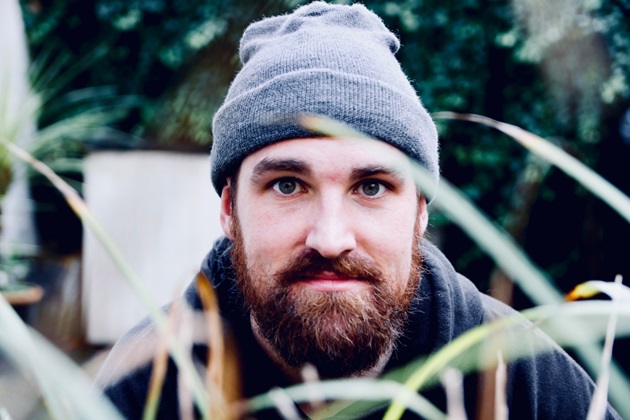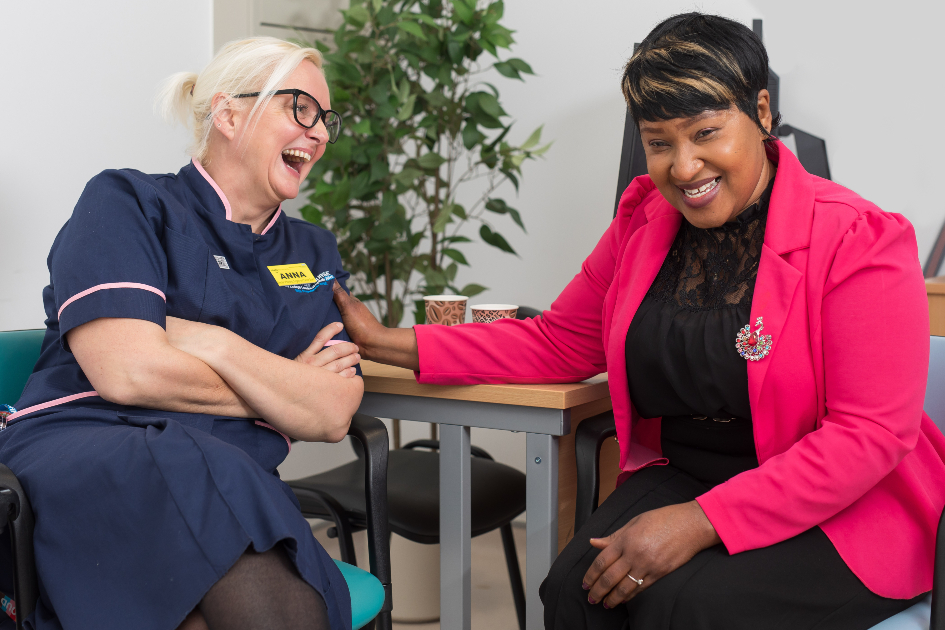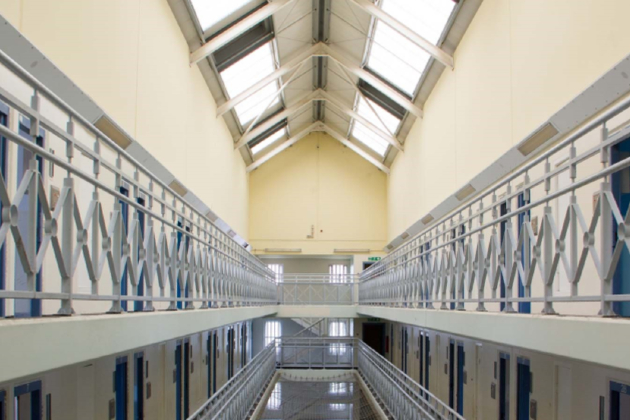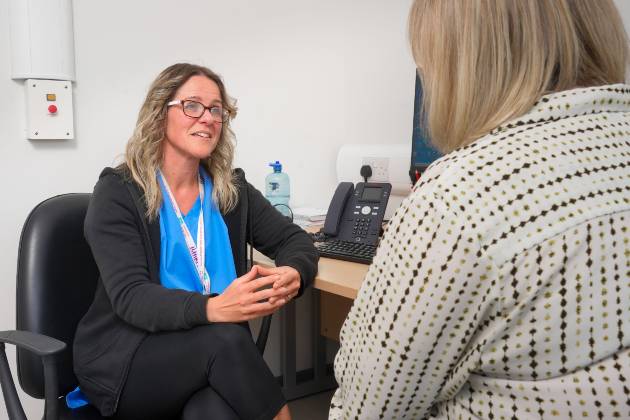Stand-up comedian Pope Lonergan reflects on his return to a caring role during the COVID-19 pandemic
Even before my gigs were cancelled I’d already combined my experience of care work with my career as a comedian by relaying anecdotes from my time as a care assistant on stage.
In my stand-up routines I never use real names or any identifying features – a lot of the older people who appear in my anecdotes on stage are an amalgam of different people rather than an individual. I go out of my way to ensure the humour derives from my response to an absurd situation or that the older people in my anecdotes are vibrant human beings.
My two careers are inextricably bound. A comedian’s main skill is effectively communicating. And when you’re speaking to people who have neurodegenerative diseases, the ability to use communication to help mitigate fear or anxiety is vital.
The humour derives from my response to an absurd situation
But going back to care work this time around felt different. In my eight and a half years as a carer before, I was in the same care home. The people I cared for there were like a extension of my family.
I was so embedded in their lives, and considered such a permanence, that when they called out for me when I wasn’t on shift and were told I wasn’t working, they’d reply: “Don’t be silly, Pope’s always here.” I always felt a big part of the job was the effort to understand – and to feel – the experiences of those who are older and vulnerable.
But it’s been good to develop new relationships with new people this time around. There’s a guy my age who’s very independent in a lot of ways and only requires one-to-one care in the evening. Because he’s 30 years old, and full of aggressive energy, he wants to be a bit boisterous. I want the people I care for to have the freedom to experience the full spectrum of human emotion, so I indulge this, and we go on a “controlled rampage” together.
I’m laughing thinking about this, but I promise you, we’re not endangering anyone. We’re just throwing around foam balls or foam noodles, so he expends a lot of energy before bed. He cries with laughter. How can you deprive someone of that?
I want the people I care for to have the freedom to experience the full spectrum of human emotion
Using humour
I’d never do my stand-up act while caring. But I use humour, and create minor spectacles perhaps, like a (purposely) rubbish karate demonstration, a ballet recital or holding a glass really low down and trying to catch the milk I was pouring from up high. This always got laughter.
Way before the pandemic dominated all our lives, I created The Care Home Tour to provide physical comedy for those living with dementia. I’m a straightforward storytelling stand-up so I teamed up with others who had a lot of physicality, interactivity or music within their set.
The clients who want to actively participate make themselves known. Others are happy to sit quietly and observe. And we respect these boundaries. The residents guide us and lead us into interesting places. It can be both funny and poignant and creates such a sense of occasion.
Before becoming a full-time comedian Pope worked in older persons' care. During the COVID-19 pandemic he joined an agency and became a care assistant working with people with physical disabilities or learning difficulties.
Join our care home network
The RCN Care Home Network provides members with a supportive environment to share best practice, offer solutions and help improve care in nursing homes during the COVID-19 crisis. It’s open to RCN members who provide nursing care in homes for the entire age range, across all clinical needs. Find out more and join.








